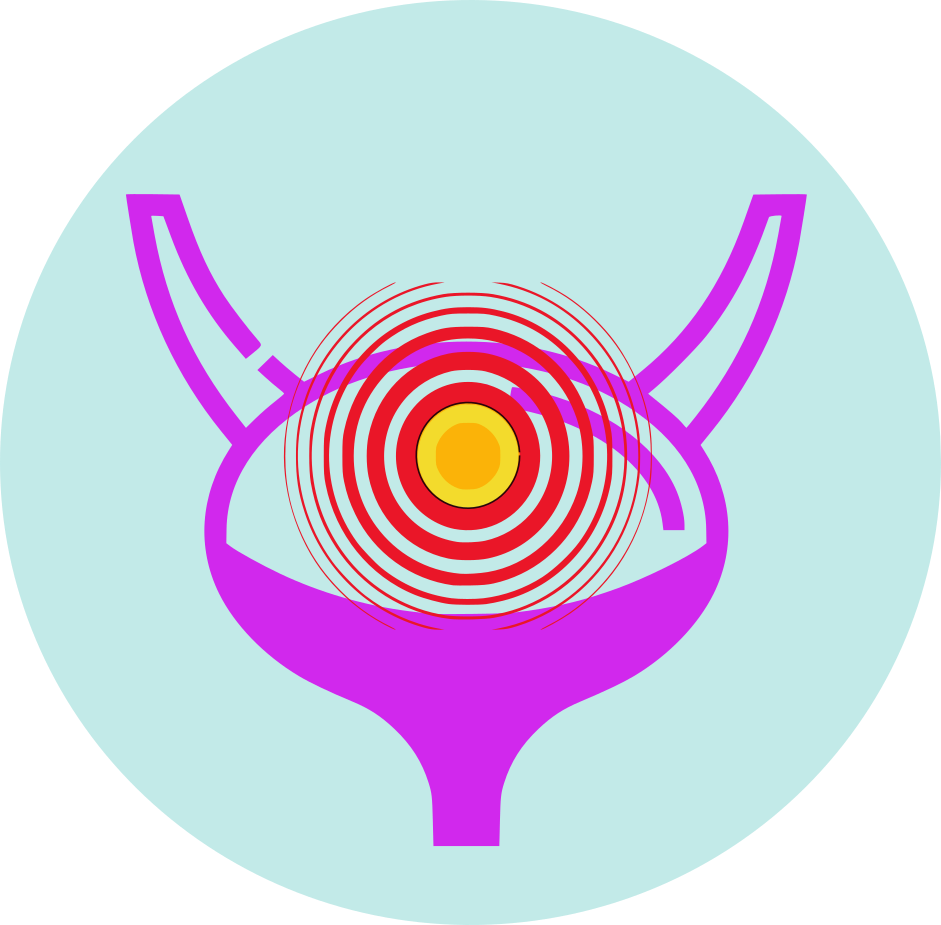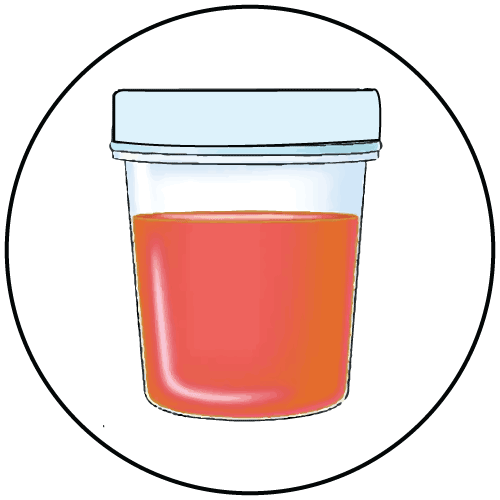| Name | Mesna Disulfide |
| Classes |
Anticancer/Antineoplastic Agent |
| Diseases |
Cystic Fibrosis Respiratory Disease |
Mesna Disulfide
Mesna Disulfide belongs to the class of uroprotective agents. Its mechanism of action involves acting as a detoxifying agent in the urinary tract. Mesna disulfide is converted to mesna, a free thiol compound, which reacts with urotoxic metabolites of certain chemotherapy drugs, preventing bladder toxicity.
Mesna Disulfide is indicated for the prevention of ifosfamide-induced hemorrhagic cystitis in patients receiving ifosfamide chemotherapy.
- A sufficient amount of mesna must be administered to adequately shield the patient from the urotoxic effects of the oxazaphosphorine.
- The duration of mesna treatment should match that of the oxazaphosphorine treatment, plus the time required for the urinary concentration of oxazaphosphorine metabolites to decrease to non-toxic levels. Typically, this occurs within 8-12 hours after concluding oxazaphosphorine treatment, though the timing may vary based on the oxazaphosphorine schedule. To ensure proper renal function, maintain urinary output at 100 ml/hr, as necessary for oxazaphosphorine treatment, and monitor urine for haematuria and proteinuria throughout the treatment period.
- Before administration, visually inspect parenteral drug products for particulate matter and discoloration.
- Do not use solutions that appear discolored, hazy, or contain visible particulate matter.
- For intravenous bolus administration of ifosfamide or cyclophosphamide: Mesna is administered via intravenous injection over 15-30 minutes at 20% of the simultaneously administered oxazaphosphorine on a weight-for-weight basis (w/w). Repeat the same mesna dose after 4 and 8 hours. The total mesna dose is 60% (w/w) of the oxazaphosphorine dose, and this regimen is repeated each time cytotoxic agents are used.
- Hypersensitivity Reactions: Monitor for signs of hypersensitivity reactions, including anaphylaxis. Discontinue Mesna Disulfide if severe hypersensitivity occurs.
- Fluid Status: Adequate hydration is crucial during chemotherapy to maintain urine flow and reduce the risk of urotoxicity.
- Renal Function: Monitor renal function regularly, especially in patients with pre-existing renal impairment.
- Concurrent Medications: Be cautious when administering Mesna Disulfide with other medications, as interactions may occur.
- Pregnancy and Lactation: Use Mesna Disulfide during pregnancy only if the potential benefit justifies the potential risk to the fetus. Exercise caution when breastfeeding.
Contraindication
Mesna Disulfide is contraindicated in individuals with:
- Known hypersensitivity to mesna or any component of the formulation.
- Hypersensitivity to thiol compounds.
None known.
None known.
 Bangla
Bangla English
English



